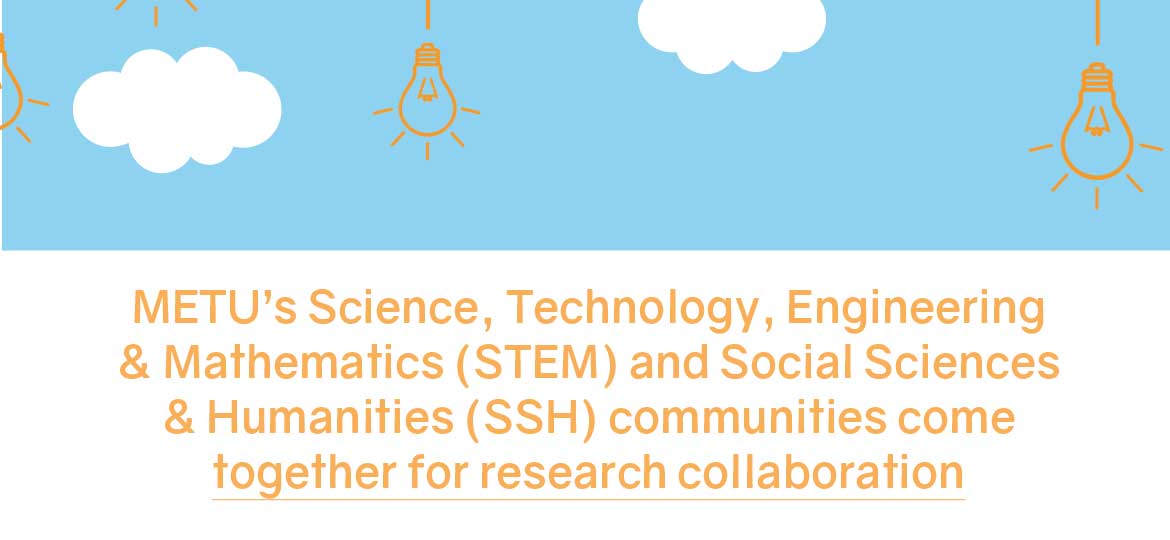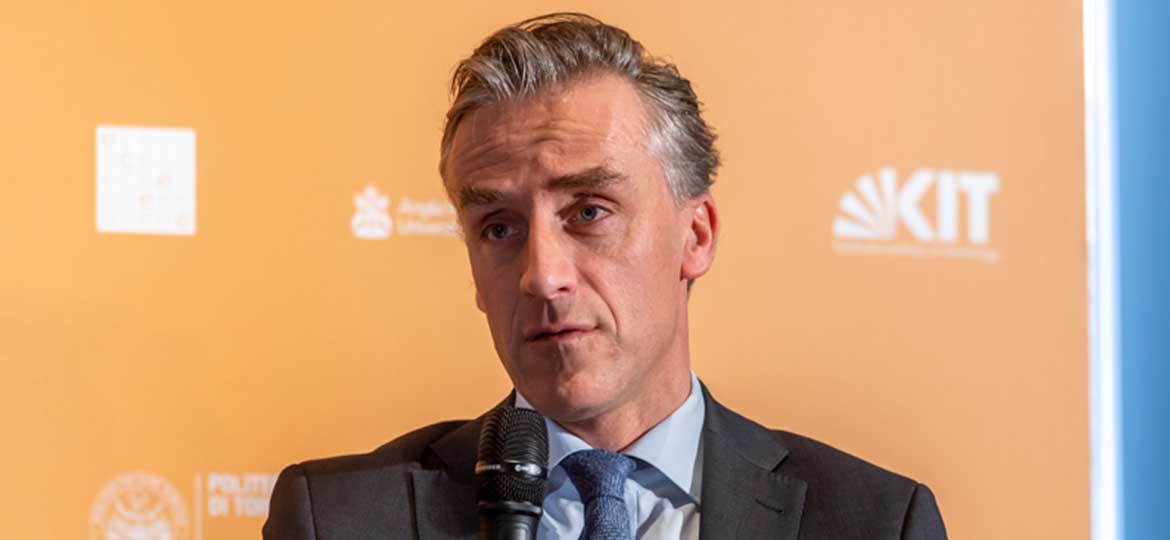The 11th SHAPE ENERGY workshop took place in Ankara on 15 th March 2018. Ankara is the capital and the second largest city of Turkey with its tremendous potential in energy performance of the buildings. On the other hand, the city is also well known for its serious air pollution problem due to traffic pollution and the use of fossil fuels (around %75 natural gas, coal 25%) for residential heating purposes. Ankara with its relatively harsh continental climate and increasing summer temperatures result in high energy bills and increased GHG emissions as well. One of the important environmental law instruments, the national bylaw on energy performance of buildings entered into force which obligates building energy certificate (ID) for new buildings and the existing ones by 2011 and 2020 respectively.
This multi-stakeholder workshop organised by METU gathered 27 citizens with different backgrounds and varying interests in energy efficiency in buildings. The workshop tried to explore the obstacles and needs of enforcement and deployment of energy efficient building policies focusing on challenges for local stakeholders in the light of their daily experiences, by using a novel method namely storytelling. Representatives of municipalities and public authorities, civil society (NGOs), business and consultancy companies were the main participants.
The workshop was moderated in four sessions. In the first session, the experts provided detailed information about the project, current state of affairs regarding energy efficiency policies in buildings and building sector GHG emissions, and the storytelling method. In the second session, in three different groups each participant wrote their individual story following storytelling method templates with the help of moderators. In the next session, after having individual stories, each group presented their collaborative story based on individual stories prepared. In the final session, one of the most voted group story was chosen and it was expanded through contributions from all participants.
In overall, the workshop allowed to involve different community members. The following are the main topics which require further study in order to understand the drivers, obstacles and needs for integrating energy-related social science and humanities (energy-SSH) perspectives for energy efficient buildings transition:
- Guidance: Community members need more information and they have limited access to the limited information available.
- Awareness: A common point was that the society is not ready yet and not aware of the benefits and actions for energy efficient buildings, which are not perceived as a priority, but rather external requirement in order to comply with the rules.
- Competency: (Perceived) Competency of services providers in the building sector are not at a desired level.
- Good Regulation: Current legislations do not have evidence base law drafting procedures, therefore their enforceability is very low.
- Vision: Building energy efficiency is not prioritized in city planning, no vision in place.
- Trust and Communication: Community trust in policy makers and local authorities is an important drive and the way communication influences trust.
- Good Practices: Visibility of good practices and community contact with the owners of good practices may help to change the perceptions and priorities.
- Acceptability and Consumer Behavior: Energy-SHH can learn and develop further from current consumer behaviour practices of different market services.
Diversity of needs and priorities as well as capacities make energy efficient buildings transition very challenging. At the same time, the buildings sector has its own opportunities, since it is a perfect lab in order to understand energy-SSH contributions.
By Dursun Bas from the Regional Environmental Center in Turkey.







